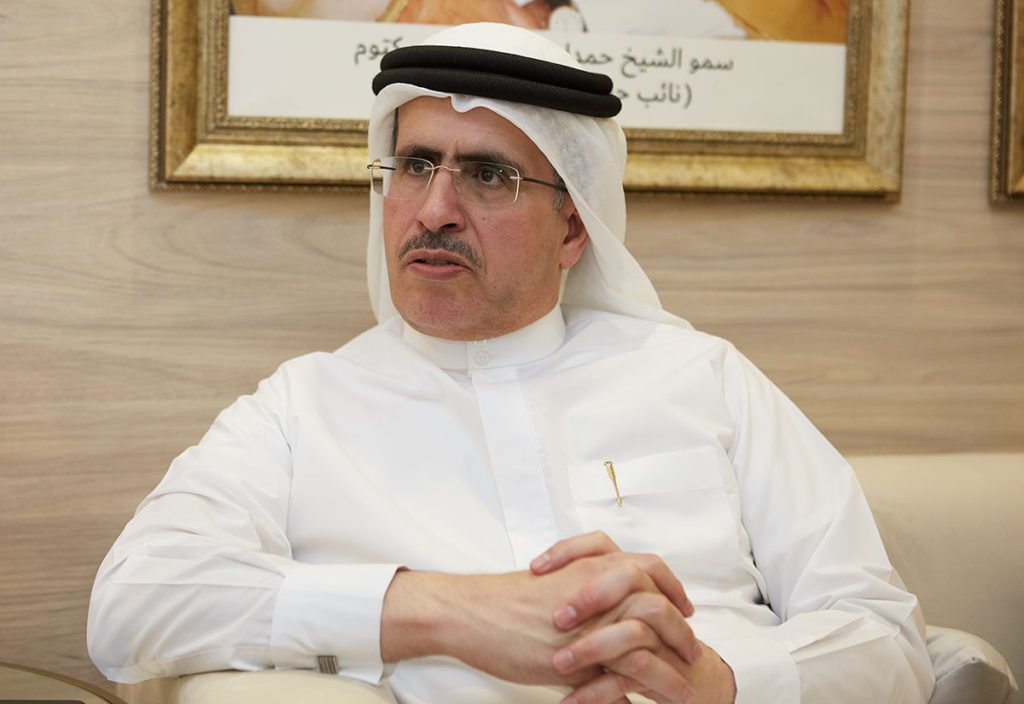Now that the DEWA IPO is open for subscription, there is an increasing rush of investors to buy the shares, and banks are prepared to take on such as situation.
In response to such active participation, DEWA announces that they will start paying dividends that are a ‘ minimum of Dh6.2 billion’ a year over a five-year period, starting with the first payments of Dh3.1 billion in October 2022.
Since last November when Dubai announced that DEWA will be the first of 10 government-owned enterprises to list, investors were fixated on the possibility of owning stock in Dubai’s utility services provider.
“The DEWA share price range points to the company’s valuation in the Dh112 billion to Dh124 billion range,” said Sameer Lakhani, Managing Director at Global Capital Partners. “Coupled with the Dh6.2 billion a year dividend commitment, this indicates a yield of 5 percent or higher.
“That immediately places the yield higher than the banks listed on DFM as well as other blue-chips. A 5 percent dividend is as good as it gets for those investors eyeing a steady return.”
An immediate payout
DEWA plans to pay a first dividend payment of Dh3.1 billion after the IPO offering by October. (In January, the entity had made a dividend payment of Dh10 billion to the Dubai government.)
“The dividend policy is designed to reflect the Group’s expectation of strong cash flow and expected long-term earnings potential while allowing the Group to retain sufficient capital to fund ongoing operating requirements and continued investment for long-term growth.”
Option to raise the stake
As of now, DEWA’s IPO is offering a 6.5 percent stake to the public. This could be revised higher – “The selling shareholder reserves the right to amend the size of the offering at any time prior to the end of the subscription period at its sole discretion,” the application form states.
Vikram Venkataraman, an ex-banker and Managing Director of Vianta Advisors said that DEWA planned its IPO offering at the right time as it not only boosts the stock market and gives it more value, but it also revives the source of foreign investments to Dubai and reduces the overall greater reliance on property-related inflows.


